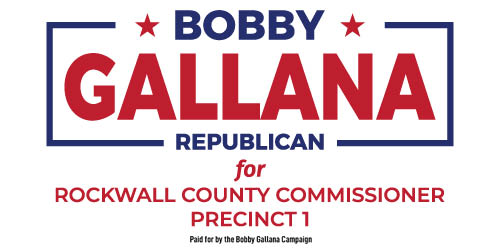
As soon as my southern drawl is detected, I am usually greeted with something like, ”Aren’t you from the South? Southerners are so polite.” Folks from all over the world marvel at our use of “yes, ma’am” and “no, sir”.
My imagination is not large enough to consider growing up and not saying “yes, ma’am”. As I entered my teen-age years, I found that among my peers, please and thank you’s were reserved only for authority figures. The older I got, the every day grace and courtesy of saying a few kind words seemed to all but disappear.
Twenty-five years ago, I made a radical departure from my Southern roots. Instead of teaching my children “yes, ma’am” and “no, sir”, we used the phrases, “yes, please” and “no, thank you” as I considered these words to show regard across intergenerational lines. My desire was for these phrases to communicate respect and kindness not only to elders, but also to family members, friends and associates, for a lifetime.
Being savvy in the social graces is called emotional or social intelligence. Emotional awareness and interpersonal skills are seen as significant factors in the successful relationships of all kinds. Knowing the right word to say at the right time to the right person, well, wouldn’t that be fabulous?
Stephen Covey in The 8th Habit says that when he visits with children he encourages them to learn ten words, or four phrases, that will help guarantee that they’ll get what they want from other people, when these words are used in a desire to be of service to others.
Covey’s four phrases are–please; thank you; I love you; and, how may I help?
Ten amazing words. When we use these words, the rough edges of a situation seem to go smooth.
Next time you are in line at the grocery store or fast food restaurant, notice how many people say please and thank you, how can I help, and I appreciate you (which is a way to say I love you to those who need it but whom we might not know that well).
There are times we might be lucky enough to hear all four phrases at once.
It was a late jammed packed holiday shopping night when the discount store’s computer system decided not to accept any credit cards from the long lines of customers. Tempers flared, while customers and clerks looked worse for wear by the second. I thought it might be best to leave, quickly.
From the back of the lines, a man’s voice, an alto tenor, a Nat King Cole kind of voice, began to rise over the grumbling.
“Silent Night. Holy Night. All is calm…”
With a few notes, we all remembered the important stuff of life. “All is bright, ” we joined in.
By the end of the first verse, the computer systems didn’t magically start working again, but all was calm. Everybody was smiling at everybody else.
How effectively this gentleman communicated please, thank you, how may I help and I love you.
Let’s teach our children and ourselves to use these four phrases, these ten little words, on a daily basis. We could change the world.
Read more from Maren Schmidt:
The best gift we can give our children
Montessori teachers credo: to be a help to life
Written by Blue Ribbon News special contributor Maren Schmidt, Kids Talk TM deals with childhood development issues. Schmidt founded a Montessori school and holds a Masters of Education from Loyola College in Maryland. She has more than 25 years experience working with children and holds teaching credentials from the Association Montessori Internationale. She is author of Building Cathedrals Not Walls: Essays for Parents and Teachers. Contact her at maren@kidstalknews.com or visit MarenSchmidt.com. Copyright 2011.
To submit your news and events or a guest column on your area of expertise, email editor@BlueRibbonNews.com.




